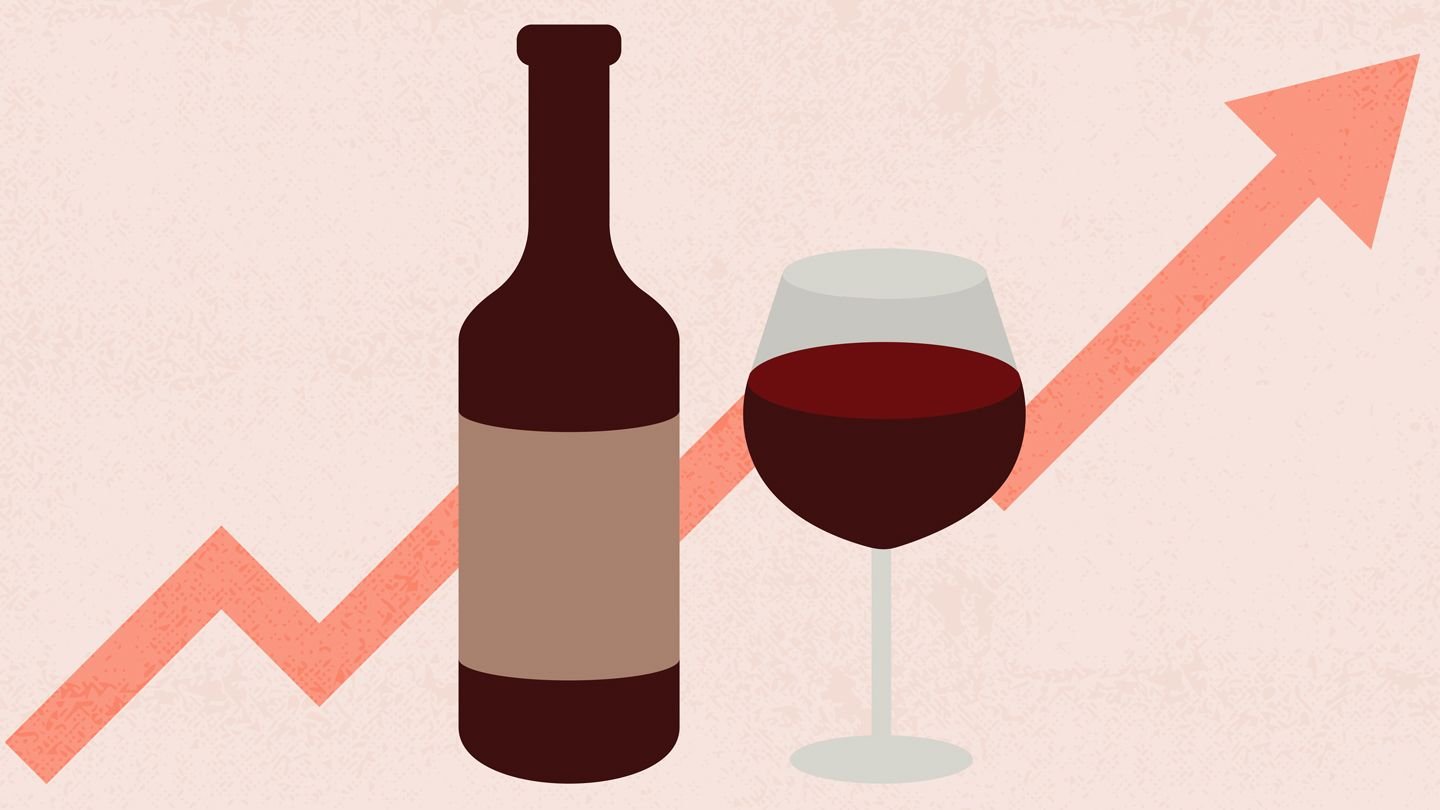Lung cancer, a devastating diagnosis, is a battle that no one should face alone. For black men, the journey can be even more challenging due to unique social, cultural, and healthcare disparities. In this article, we’ll explore why accepting help is a true indicator of strength, especially for black men dealing with lung cancer. We’ll delve into the importance of breaking down barriers, seeking support, and embracing a proactive approach to treatment and emotional well-being.
Table of Contents
- Understanding Lung Cancer and Disparities
- The Prevalence of Lung Cancer in Black Men
- Dissecting Healthcare Disparities
- The Strength in Accepting Help
- Overcoming Stigma and Self-Reliance
- Fostering Connections and Community
- Navigating Treatment Together
- Collaboration with Healthcare Providers
- Importance of Emotional Well-being
- Empowering Others Through Acceptance
- Being a Role Model for Loved Ones
- Breaking Cycles and Dispelling Myths
- The Power of Support Groups and Counseling
- Creating Safe Spaces for Expression
- Professional Help: A Path to Healing
- Holistic Approaches: Nutrition and Mindfulness
- Nourishing the Body for Resilience
- Cultivating Mental Clarity and Calm
- Financial and Practical Assistance
- Accessing Resources for Treatment
- Mitigating Financial Burdens
- Celebrating Victories, Big and Small
- Finding Joy in Milestones
- Embracing the Journey
Understanding Lung Cancer and Disparities
The Prevalence of Lung Cancer in Black Men
Lung cancer disproportionately affects black men, with higher rates of diagnosis and mortality. This could be attributed to a combination of genetic factors, environmental influences, and limited access to quality healthcare.
Dissecting Healthcare Disparities
Black men often face systemic barriers in accessing timely and adequate medical care. Factors like socioeconomic status, racial bias, and inadequate representation in clinical trials contribute to the disparities in lung cancer outcomes.
The Strength in Accepting Help
Overcoming Stigma and Self-Reliance
Societal norms sometimes dictate that seeking help is a sign of weakness. However, acknowledging one’s vulnerabilities and accepting assistance requires immense strength and courage.
Fostering Connections and Community
By accepting help, black men can build a network of support that empowers them to face the challenges of lung cancer head-on. Friends, family, and support groups can provide emotional sustenance during tough times.
Navigating Treatment Together
Collaboration with Healthcare Providers
Effective communication with healthcare providers is crucial. Black men should feel empowered to ask questions, voice concerns, and actively participate in their treatment decisions.
Importance of Emotional Well-being
Lung cancer takes a toll not only on the body but also on mental and emotional well-being. Accepting help in the form of counseling or therapy can alleviate anxiety, depression, and the emotional burden of the disease.
Empowering Others Through Acceptance
Being a Role Model for Loved Ones
Accepting help sets a powerful example for friends and family, showing that vulnerability and seeking assistance are signs of strength, not weakness.
Breaking Cycles and Dispelling Myths
Challenging societal misconceptions surrounding masculinity and health-seeking behavior can pave the way for healthier attitudes and behaviors among future generations.
The Power of Support Groups and Counseling
Creating Safe Spaces for Expression
Support groups offer a unique platform where black men can share their experiences, fears, and triumphs without judgment. This camaraderie fosters a sense of belonging and emotional release.
Professional Help: A Path to Healing
Professional counseling equips black men with coping strategies and tools to manage the emotional upheaval that lung cancer brings. Accepting this help is a step toward holistic healing.
Holistic Approaches: Nutrition and Mindfulness
Nourishing the Body for Resilience
A well-balanced diet plays a pivotal role in bolstering the immune system and enhancing the body’s ability to tolerate treatments.
Cultivating Mental Clarity and Calm
Mindfulness practices, such as meditation and deep breathing, can alleviate stress, anxiety, and help black men navigate the emotional roller coaster of their cancer journey.
Financial and Practical Assistance
Accessing Resources for Treatment
Accepting financial aid or accessing patient assistance programs can alleviate the burden of treatment costs, ensuring that black men receive the care they deserve.
Mitigating Financial Burdens
Financial hardships should not hinder access to proper care. By seeking help, black men can focus on their recovery rather than worrying about the financial strain.
Celebrating Victories, Big and Small
Finding Joy in Milestones
Every step forward in the journey is worth celebrating. By accepting support, black men can share their victories with others, inspiring hope and resilience.
Embracing the Journey
Accepting help transforms the lung cancer journey from a solitary struggle to a collective triumph. Each hurdle crossed becomes a testament to the strength that comes from embracing assistance.
Conclusion
In the face of lung cancer, accepting help is a true display of strength, particularly for black men who battle both the disease and its associated disparities. By breaking down the barriers of stigma, seeking support from loved ones and professionals, and embracing a holistic approach to well-being, black men can navigate this journey with courage and resilience.








